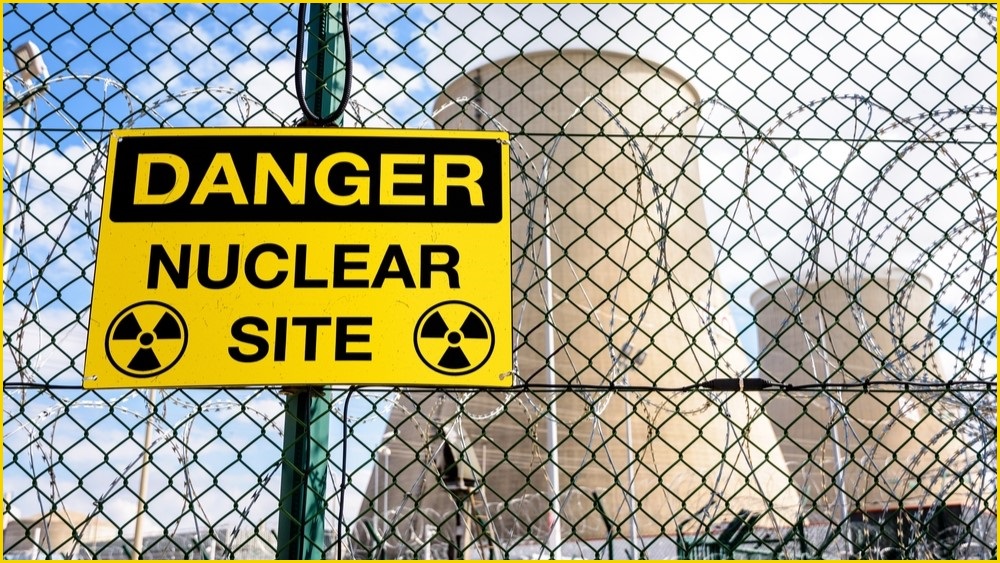Australia’s peak science and tech body has warned the Coalition’s plans to shut down Labor's $15 billion manufacturing fund would put a handbrake on the nation's innovation efforts.
Citing Coalition sources, the Australian Financial Review last week reported that if the Coalition wins the upcoming May election it plans to redirect all remaining capital allocated to the National Reconstruction Fund (NRF), totalling about $14.5 billion.
The report said that a Coalition government would honour existing deals entered into by NRF, which amount to nearly $450 million across seven companies.
The unspent NRF funding will instead be reprioritised for a range of Coalition policies, such as its efforts to build a number of nuclear energy plants.
The Coalition did not respond to media requests regarding its plans for the NRF.
Future prosperity
Science and Technology Australia has backed NRF, with its CEO Ryan Winn saying that the manufacturing and tech sectors need stability and ongoing guaranteed support.
“The country’s future prosperity depends upon our ability to create an Australia made by Australian ideas,” Winn told Information Age.
“The NRF is a crucial part of what will drive the country’s economic complexity and underpin investment in innovation and industry.
“The funding allocated so far through the scheme has been committed to areas such as quantum computing and data centres – things that will enable a science and technology-driven economy.”
A key stated aim of NRF is to bolster Australia’s manufacturing sovereignty and ensure companies remain on Australian shores rather than relocating offshore.
“Cutting future funding to the NRF hampers the country’s ability to have a strong Australian manufacturing sector at a time of growing global trade instability,” Winn said.
“Business needs long-term support and certainty from government.
“Chopping and changing policies will not help build the strong manufacturing and innovation base the nation needs.”
‘Greatest investment in manufacturing capabilities in living memory’
The NRF was a key plank of Labor’s 2022 election campaign and is now the central element of its Future Made in Australia agenda.
Passed into law in March 2023, the fund offers loans, credit, bonds or equity investment in Australian companies across seven priority areas: renewables and low-emissions technologies, medical science, transport, value-add in agriculture, forestry and fisheries, value-add in resources, defence capability and critical technologies.
It was labelled by Industry Minister Ed Husic as the “greatest investment in manufacturing capabilities in living memory” and is administered by an independent board that makes the investment decisions.
After a slow start, NRF made its first investment in November last year, chipping in $40 million to Queensland-based manufacturer Russell Mineral Equipment to ensure it remains in Australia and can ramp up local production.
Since then it has dished out more than $430 million across eight investments, including a number of tech firms such as quantum players QuintessenceLabs and Quantum Brilliance, and medical AI firm Harrison.ai.
NRF has also invested $22.5 million in local cloud computing provider Vault Cloud, the first investment made under the defence capability stream.
The Opposition has long been critical of NRF and voted against the legislation underpinning it in Parliament, with Liberal Senator Linda Reynolds labelling it a “highly cynical bill that…reeks of left-wing policies and politics, instead of being a genuine nation-building policy and program”.
Earlier this year, Liberal Party deputy leader Sussan Ley also slammed NRF, and claimed that since its establishment, the number of manufacturing insolvencies has increased by threefold.
Opposition Leader Peter Dutton has publicly confirmed he plans to scrap the Rewiring the Nation Fund, the $10 billion Housing Australia Future Fund, and the hydrogen and critical minerals production tax incentive, but has not publicly stated his plans for NRF.










